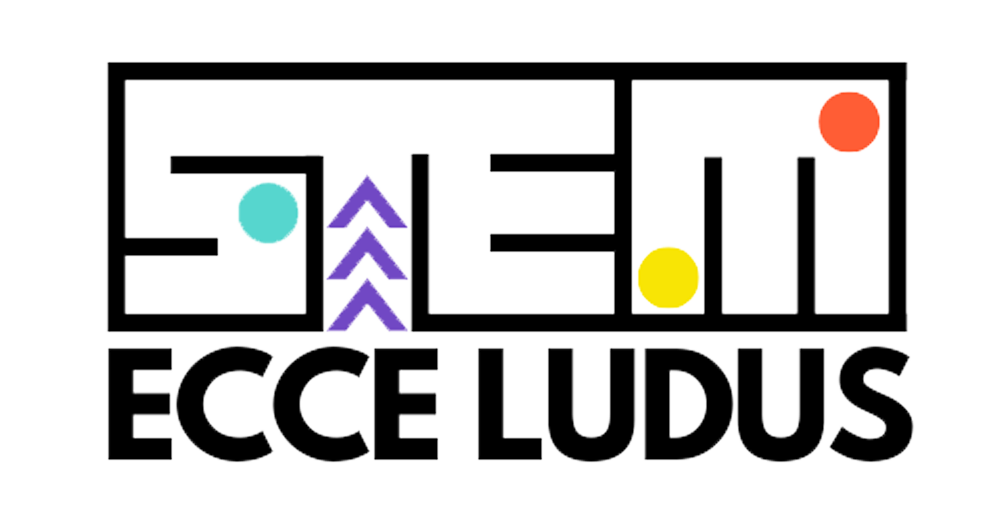Module 4 is dedicated to helping educators design STEAM (Science, Technology, Engineering, Arts, and Mathematics) curriculum and lesson plans that are not only academically rich, but also inspiring, inclusive, and fun. By exploring the principles of edutainment—the fusion of education and entertainment—this module shows teachers how to turn their classrooms into environments where curiosity is sparked, creativity is nurtured, and every student feels motivated to engage.
One of the greatest benefits of studying this module is the way it guides educators to make STEAM learning student-centred and problem-driven. Participants learn to build lessons around real-world challenges, encouraging students to investigate, experiment, and apply their knowledge in practical contexts. This approach does more than deliver information—it cultivates critical thinking, problem-solving abilities, and the confidence to tackle unfamiliar problems. By leading students through the full cycle of inquiry, application, and reflection, teachers create experiences that have lasting educational impact.
Another valuable outcome of Module 4 is its strong emphasis on inclusivity. Teachers are shown how to adapt activities for different learning styles, abilities, and backgrounds, ensuring that no student is left behind. This is particularly important in STEAM education, where traditional approaches sometimes unintentionally exclude students who may not initially see themselves as “science” or “math” people. By making activities accessible and offering meaningful roles for everyone, educators can broaden participation and open up new career possibilities for all learners.
The module also highlights the benefits of integrating hands-on learning, technology, and the arts into lesson plans. Teachers discover how to use creative expression to deepen understanding of technical concepts, how to incorporate design thinking into problem-solving, and how to leverage digital tools to make lessons interactive and relevant. For students, this means learning becomes dynamic, memorable, and clearly connected to life outside the classroom.
Importantly, Module 4 reinforces the role of the teacher as a guide and facilitator rather than just a source of information. Educators are encouraged to give students ownership of their learning process, fostering active participation, collaboration, and the willingness to learn through trial and error. This not only builds resilience in students but also strengthens their ability to work in teams, adapt to challenges, and think creatively—skills that are essential for the 21st-century workforce.
By the end of Module 4, participants will have the tools to design STEAM lessons that engage both the mind and the imagination, support diverse learners, and bridge the gap between classroom theory and real-world application. The ultimate benefit is a teaching approach that inspires a lifelong passion for learning and equips students with the skills they need to thrive in a rapidly changing world.





